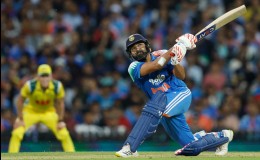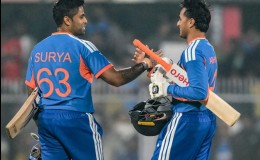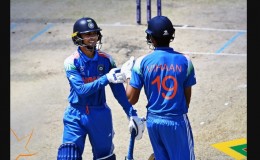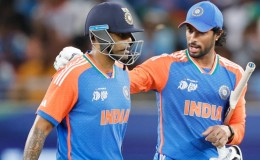While cricket experts are worried that the IPL allowing a fresh off-season overseas playing window to teams will further add to the strain on international fixtures, the franchises themselves aren't too excited by the way in which it has been planned.
There is growing discontent among teams over the decision allowing IPL teams to play three exhibition fixtures between June and August in the game's Associate nations.
The teams feel the IPL authorities have taken a unilateral decision and it is riddled with too many clauses for the franchises to take it seriously. Some team officials feel it also doesn't make economic sense.
“To begin with, the decision to play in associate countries is the biggest problem. Almost all the teams wanted to play these exhibition games in regular Test-playing nations. That makes sense. But in associate countries, there can be just no quality cricket,” a top team official told HT on condition of anonymity.
Meanwhile a report in Hindu Bussiness Line, after the second edition in South Africa, administrators and fans have been dismayed by allegations of match-fixing, involvement of black money and wild after-hours partying by cricketers. But it was during the fifth edition that the lid was blown off IPL's underbelly — a sting operation, exposing spot fixing and black money involvement, a celebrity getting into a brawl with security guards inside a stadium, and a player arrested for alleged molestation in one of those late night parties.
“IPL warrants a clean-up act before the sixth edition. Transparency in its auction process, accountability in its finances, induction of professionalism during the tournament and stringent punishment guidelines for players involved in spot and match fixing are required to expunge the ghosts of the past. Three important stakeholders who can bring about such a change — fans of the game, Government of India and, most of all, the sponsors — have all so far either been silent, or looked the other way. Going forward, they should act,” says the article
Meanwhile an article in The Wall Street Journal says that from the start, the watching public in India and elsewhere have largely been able to put aside lingering concerns about the way the Indian Premier League is run.
“But that doesn't make inconsistencies in the way the franchises are treated by the league, or the complete absence of transparency regarding their financial dealings, any better way to run a professional league. The allegations of corruption against several minor players that surfaced this year aren't unique to the IPL, but the culture of any organization trickles down from the top, and the free-for-all atmosphere, emphasis on money and flimsy governance make it a ripe breeding ground for players crossing the line of acceptable money-making behavior,” says the article, adding that spot-fixing is clearly over that line, but many of the players caught in a sting by an Indian TV news channel were allegedly shown saying that they would be prepared to accept under-the-table payments that broke the IPL's salary structure, which is more of a gray area.
The allegations are also unproven and could have been merely loose talk by the players.










